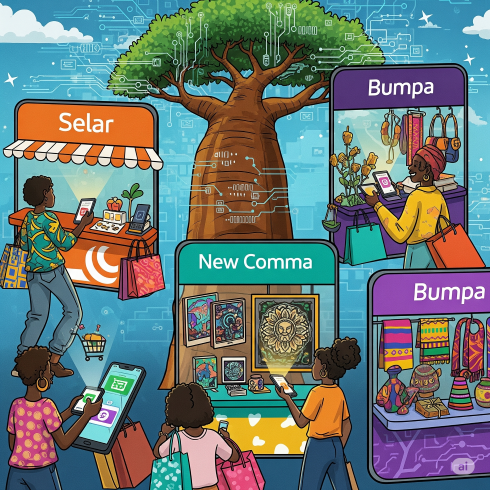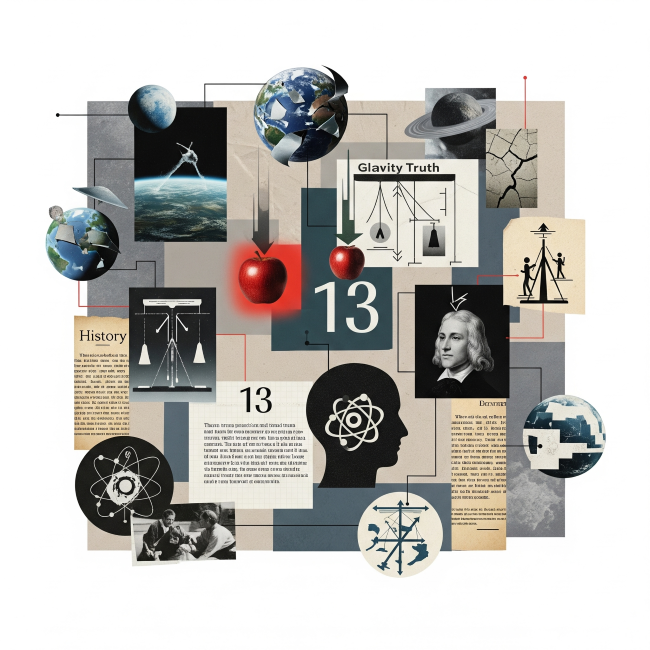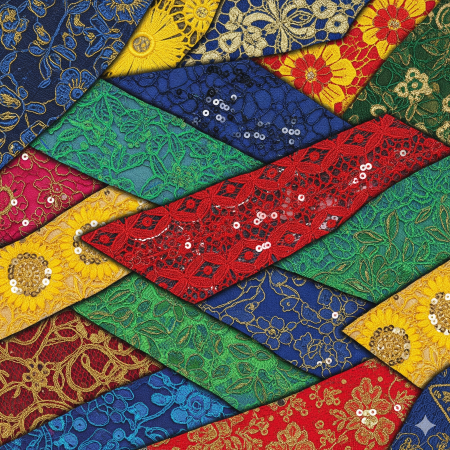Africa’s Digital Marketplaces: Selar, NewComma, and Bumpa

Preview: On the continent where global platforms often fail to understand local creators, African entrepreneurs are building their own digital infrastructure—one that centers visibility, commerce, and self-determination.
In recent years, Africa’s creative economy has been quietly but powerfully transformed by a wave of indigenous digital platforms designed specifically for the continent’s unique needs. While global giants like Amazon, Instagram, or Etsy offer massive reach, their tools often fail to accommodate the complexities of African markets, from payment processing in multiple currencies to fragmented logistics and uneven internet connectivity. More importantly, these platforms rarely center African creators as stakeholders in their own stories.
In response, a new generation of African entrepreneurs is building platforms that empower creators not just to display their work, but to sell, hire, collaborate, and build sustainable careers on their own terms. Among the most significant of these are Selar, New comma, and Bumpa, three digital ecosystems enabling African creatives to thrive in ways that global platforms often overlook.
The Commerce Engine: Selar
Founded in 2016 by Nigerian tech entrepreneur Douglas Kendyson, Selarfunctions as a creator-first Shopify optimized for African realities. It offers artists, writers, musicians, educators, and entrepreneurs a simple way to monetize digital and physical products, from e-books and online courses to music and consulting services.
Selar’s design accounts for the realities of African payment systems by supporting multiple local currencies like naira, cedi, and shilling—alongside international options such as PayPal, Paystack, and Flutterwave. This flexibility allows users to easily set prices in different currencies, enabling sales both locally and globally without barriers.
But beyond payment flexibility, Selar embraces the multi-hyphenate nature of African creators. It offers tools like affiliate marketing, mailing lists, discount codes, and upsells that enable users to run nuanced digital businesses from a single dashboard. The platform has empowered tens of thousands of creators, facilitating millions in transactions while providing ownership and transparency often missing from Western platforms.
Selar does not seek to build an empire of content but instead focuses on enabling creators to retain control over their products and income. This approach fosters a form of digital sovereignty—one that aligns with the entrepreneurial spirit prevalent across Africa’s creative communities.
The Discovery Layer: New comma
Monetization alone is not enough if creators remain unseen. For many African artists, writers, designers, and other creative professionals, getting hired or commissioned often depends on being discoverable by the right clients and collaborators. This is the gap that New comma aims to fill.
Co-founded byNatalie Narh and Nigel Atta-Mensah, New comma is a curated social directory and networking platform for African creatives. It operates somewhere between a talent agency, a creative portfolio site, and a social network offering professionals a space to present their work, aesthetic, and availability in a clean, intentional format.
Unlike algorithm-driven platforms that prioritize virality or follower counts, New comma is built to support purposeful discovery. Users can filter talent by discipline, location, language, or style, allowing brands, agencies, and collaborators to connect with creatives who meet their specific needs.
New comma also rejects the “content farm” mentality that dominates much of social media. Instead, it prioritizes context and curation, restoring dignity to creative work and providing a meaningful alternative for those whose value extends beyond clicks and likes.
Through its curated approach, New comma strengthens the ecosystem by bridging the gap between emerging talents and opportunities, especially for creatives who may lack access to traditional industry networks.
The Operations Tool: Bumpa
Latest Tech News
Decode Africa's Digital Transformation
From Startups to Fintech Hubs - We Cover It All.
If Selar enables sales and New comma facilitates discovery, Bumpa completes the picture by providing the infrastructure for creatives to run their businesses smoothly.
Founded in Lagos and backed by venture capital, Bumpa is a mobile-first platform that integrates e-commerce storefronts, inventory management, payment processing, and delivery coordination. It empowers artisans, fashion designers, food vendors, and other creative entrepreneurs to manage every aspect of their business from their smartphones.
Bumpa’s key insight is that many African creatives are simultaneously business owners, marketers, and logisticians—but often lack access to affordable, integrated digital tools. The app solves this by combining order management, book keeping, customer communication, and last-mile delivery into a single, user-friendly interface optimized for low data and variable connectivity.
Its integration with local dispatch services and mobile payment gateways ensures that the typical logistical challenges facing African sellers, such as inconsistent shipping infrastructure and payment friction, are minimized.
Beyond mere automation, Bumpa’s strength lies in accessibility. It caters to users with varying digital literacy and business experience, making it possible for thousands of small creative businesses to move from informal operations to scalable, sustainable enterprises.
A New Creative Infrastructure
Together, Selar, New comma, and Bumpa represent more than just functional digital tools; they constitute a new infrastructure for Africa’s creative economy—one that is native, resilient, and adaptive.
This infrastructure recognizes the multi-dimensional nature of African creativity. Creators are not just artists or freelancers; they are entrepreneurs, community builders, educators, and cultural ambassadors. They require platforms that reflect these roles, rather than forcing them into rigid, pre-defined categories designed for other markets.
Importantly, these platforms reject extractive business models that have characterized much of the digital economy. Instead of harvesting data or content to fuel opaque algorithms, they focus on empowering users with ownership, control, and direct financial benefits.
They also foster communities. Selar hosts creator summits and webinars; New comma curates talent showcases; Bumpa organizes seller onboarding and mentorship programs. These activities cultivate shared knowledge, collaboration, and peer support—essential ingredients for a thriving creative ecosystem.
Looking Ahead
While challenges remain, such as scaling infrastructure, internet access, and cross-border regulation, these platforms demonstrate that the future of Africa’s creative economy will be shaped from within.
African creators do not need to adapt to foreign platforms that often misunderstand their realities. Instead, they are building digital environments that honor local languages, currencies, cultures, and business practices.
Selar, New comma, and Bumpa are early but powerful signs of this transformation. By providing spaces where creatives can display, sell, get hired, and run their businesses, these platforms are laying the groundwork for a more equitable and self-determined creative economy—one where African cultural production is not just consumed but owned and driven by Africans themselves.
You may also like...
Bundesliga's New Nigerian Star Shines: Ogundu's Explosive Augsburg Debut!

Nigerian players experienced a weekend of mixed results in the German Bundesliga's 23rd match day. Uchenna Ogundu enjoye...
Capello Unleashes Juventus' Secret Weapon Against Osimhen in UCL Showdown!

Juventus faces an uphill battle against Galatasaray in the UEFA Champions League Round of 16 second leg, needing to over...
Berlinale Shocker: 'Yellow Letters' Takes Golden Bear, 'AnyMart' Director Debuts!

The Berlin Film Festival honored
Shocking Trend: Sudan's 'Lion Cubs' – Child Soldiers Going Viral on TikTok

A joint investigation reveals that child soldiers, dubbed 'lion cubs,' have become viral sensations on TikTok and other ...
Gregory Maqoma's 'Genesis': A Powerful Artistic Call for Healing in South Africa

Gregory Maqoma's new dance-opera, "Genesis: The Beginning and End of Time," has premiered in Cape Town, offering a capti...
Massive Rivian 2026.03 Update Boosts R1 Performance and Utility!

Rivian's latest software update, 2026.03, brings substantial enhancements to its R1S SUV and R1T pickup, broadening perf...
Bitcoin's Dire 29% Drop: VanEck Signals Seller Exhaustion Amid Market Carnage!

Bitcoin has suffered a sharp 29% price drop, but a VanEck report suggests seller exhaustion and a potential market botto...
Crypto Titans Shake-Up: Ripple & Deutsche Bank Partner, XRP Dips, CZ's UAE Bitcoin Mining Role Revealed!

Deutsche Bank is set to adopt Ripple's technology for faster, cheaper cross-border payments, marking a significant insti...






